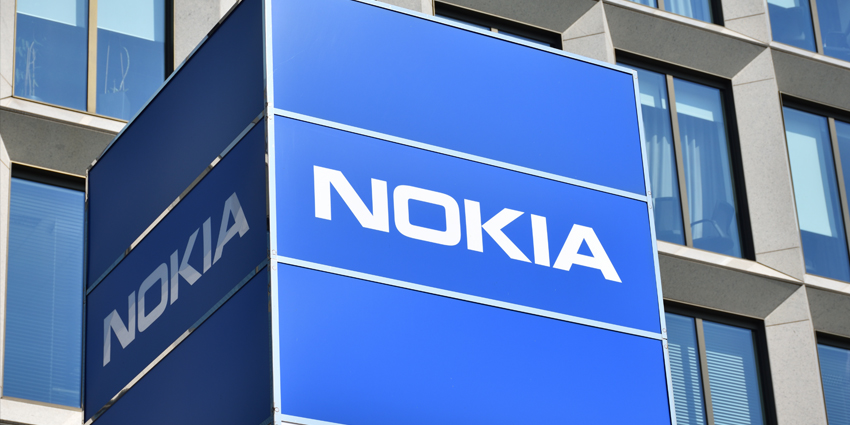Extended reality (XR) is the combination of immersive technologies such as augmented reality (AR), virtual reality (VR), and mixed reality (MR), which together provide an advanced user experience primarily focused on consumer applications and gaming. Research, increased interest, and development have driven growth in XR training opportunities across the medical, public safety, manufacturing, and other sectors.
By adopting XR, companies will be able to plan effectively and budget for their internal IT roadmaps and strategies, easing the transition period that accompanies any new system.
XR training technologies also enable employees to quickly acquire the skills and confidence to safely work with heavy machinery while learning in a danger-free environment. Companies such as Ford reported a reduction in workplace injuries by 70 percent after introducing cutting-edge, VR-enabled training in 2015.
Top Firms Adopting XR in Training Workforce
XR is an active player in training employees and developing industries like healthcare, construction, aerospace, manufacturing, hospitality, military, and energy and utilities.
When it comes to new and emerging technologies, few have generated as much excitement – and controversy – like AR, VR, and the Metaverse. Here are some of the top firms using these technologies to train their workforces:
ExxonMobil
ExxonMobil Research Qatar (EMRQ) and EON Reality Inc. collaborated in 2015 on its Immersive 3D Operator Training Simulator. The cutting-edge technology uses ultra-realistic, multi-angle immersive VR to train operators and engineers in oil and gas production, processing, and transportation facilities, all in a safe and regulated environment.
In addition to dynamic process training, the technology supports fully functional 3D models as well as enhanced 4D sensory conditions, which include tactile feedback, smells, vibration, and wind simulation.
A dynamic process simulator also helps create realistic training scenarios for important procedure execution, crisis situation handling, and emergency response. The simulator aims to improve skills for workforce development, competency assurance, project commissioning, new recruit orientation, and more effective turnaround and shutdown preparation.
Walmart
Walmart uses VR to train employees for promotions like Black Friday and evaluate how they respond to consumer demands, and is now used to assess employees for middle management roles as well.
The world’s largest retailer also employs VR headsets at its Walmart Academies training center to improve employee experience, test skills, and learn new techniques.
Walmart also implemented VR trainers for associates on Pickup Towers, which are 15-foot vending machines that allow customers to pick up online orders, leading to an increase in employee training test scores, and the technology has enabled the corporation to develop new training programs.
Hilton
The leading hospitality chain created Hilton Immersion, a new VR training program designed in collaboration with learning solutions developer SweetRush to simulate tasks performed by room services, housekeeping, and front desk team members.
The immersive trainer aims to educate Hilton’s employees who have never been in any of these positions in the company so they can better understand the job’s requirements, especially regarding empathy, and provides furthering education to current employees.
During its trial phase, 75 percent felt the simulation had improved their problem-solving resolution and customer service skills, while a whopping 95 percent stated it improved their sense of empathy.
Deutsche Bahn
Deutsche Bahn is a German railway company that has leveraged XR technology with its EVE app to train employees in learning how to respond reliably in critical situations. Using HTC VIVE headsets, it allows for a realistic virtual experience with step-by-step tutorials for required job roles.
The need for specialized expertise has increased in the railway industry since the digital age has progressed. Train drivers, industrial electrical engineers, freight car inspectors, and dispatchers are among the top jobs that find a critical need for new and precise education in this field. Candidates can use the technology to drive into a train facility and view the bottom of one of Deutsche Bahn’s flagship 320kph intercity express trains.
Airbus
Airbus has spearheaded XR adoption in the industry, incorporating VR software tools into the aircraft design process, the digital shop floor, and inspections. The Airbus Holographic Academies are already advancing these technologies by prototyping and implementing the most promising concepts.
The Airbus HR department uses augmented reality (AR) to provide prospective workers a more immersive and engaging introduction to the organization.
It also improves knowledge sharing in training sessions by presenting complex technical lessons to a group in interactive, shared 3D simulations or even via holographic coaches.
DHL
DHL is a German logistics company using VR to train its employees using a cost-effective solution to educate and onboard staff in new and engaging scenarios.
To conserve money and real estate, DHL used a VR training tool to teach thousands of its employees around the world how to properly load each shipment. They provided interactive, gamified training that their workforces found stimulating, which, in turn, improves retention rates and overall employee engagement.
A joint survey conducted by Perkins Cole LLP, Boost VC, and the XR Association (XRA) discovered that in early 2020 — even before the pandemic — executives expected immersive technologies to affect businesses across various horizontals. XR is demonstrating its utility and promises in the present social distancing climate as the world adjusts to new realities brought on by the coronavirus.
Conclusion
As technology advances, training and educating employees follows. Virtual, augmented, and mixed reality technologies as well as metaverse platforms provide workers with immersive and interactive experiences to learn new skills.
These new technologies are helping companies to reduce training time and costs and provide employees with a more engaging and practical learning experience.
Despite the challenges in deploying XR amid the ongoing pandemic, the current climate is the moment to implement XR in the workplace. It enables efficiency as learners visualize content through visual 3D models. XR training helps employees understand concepts and processes better, allowing trainees to see, feel, and truly experience their content.







